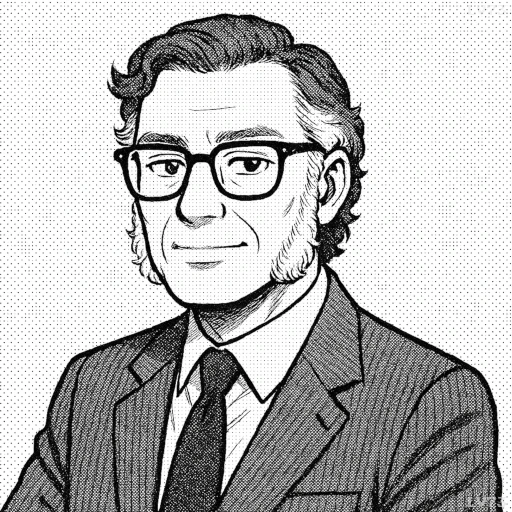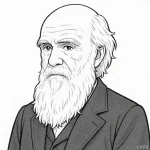“To insult someone we call him ‘bestial. For deliberate cruelty and nature, ‘human’ might be the greater insult.”

- January 2, 1920 – April 6, 1992
- Born in Russia
- Author, biochemist (professor)
table of contents
Quote
“To insult someone we call him ‘bestial. For deliberate cruelty and nature, ‘human’ might be the greater insult.”
Explanation
In this quote, Asimov makes a sharp observation about human nature and the potential for cruelty within it. By contrasting the terms “bestial” and “human”, he suggests that while we often associate brutality and cruelty with animals, it is in fact humans who are capable of far more calculated and deliberate acts of harm. The use of the term “bestial” traditionally evokes an image of mindless savagery, yet Asimov provocatively suggests that humanity’s ability to plan and carry out cruelty with intent can make humans the true perpetrators of evil. In this context, the word “human” becomes not a mark of noble superiority, but a reminder of our capacity for great inhumanity.
Asimov’s worldview was shaped by his rationalist and scientific approach to understanding human behavior. Born in 1920, a time of both great technological advancement and social unrest, Asimov witnessed firsthand the destructive potential of human actions, especially in light of the world wars and the rise of totalitarian regimes. He often explored themes of ethics and human nature in his works, asking readers to critically examine how we justify our actions and the consequences they might have. His critique of human cruelty, therefore, comes from a belief that humans have the capacity for both great good and great harm, and that we must choose which path to walk.
In today’s world, Asimov’s quote remains relevant, especially when we look at the ways in which human cruelty can manifest on both individual and systemic levels. From genocide to war crimes, the deliberate cruelty carried out by humans often eclipses the primal instincts attributed to animals. This realization challenges us to confront not only our capacity for violence but also our responsibility to use reason and empathy to create a more just and compassionate society. Asimov’s warning serves as a call to reflect on the ethical implications of human actions, urging us to strive for a humanity that elevates itself through compassion, not through cruelty.
Would you like to share your impressions or related stories about this quote in the comments section?




